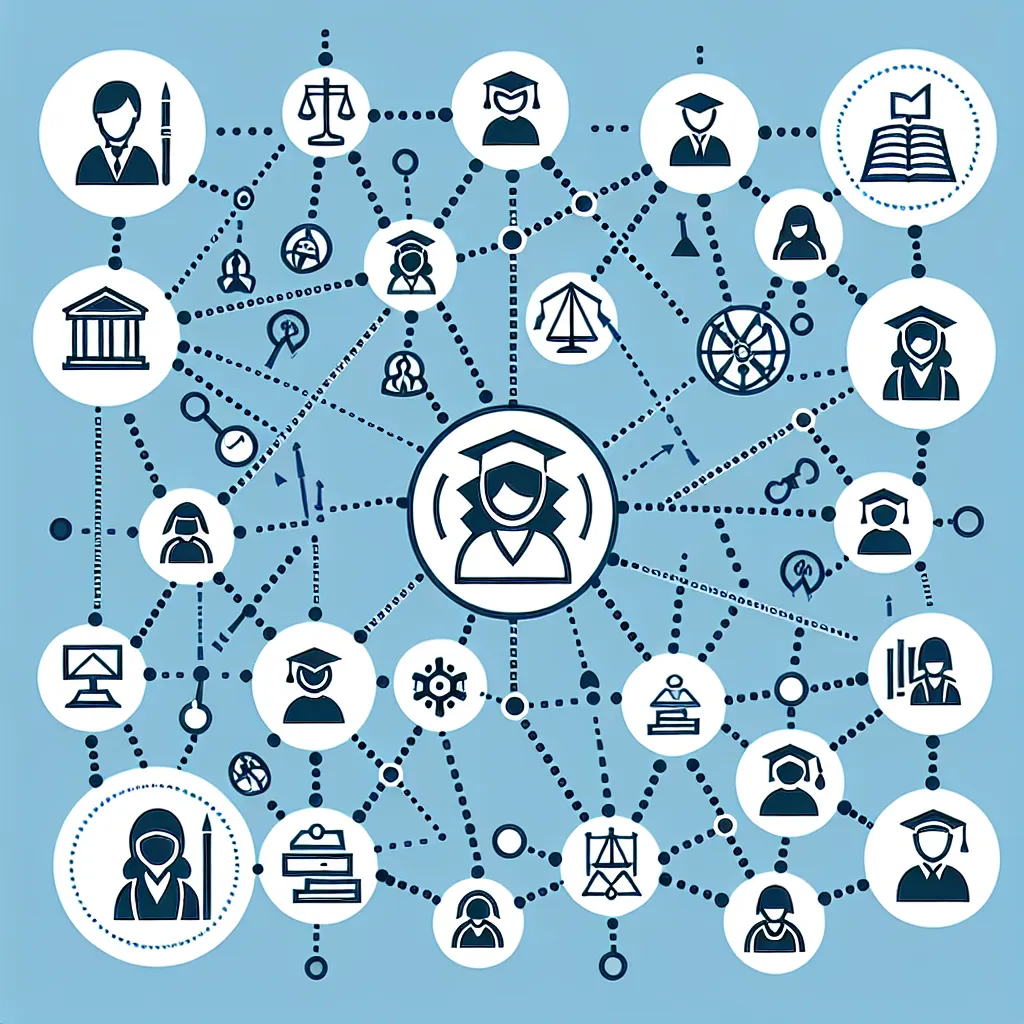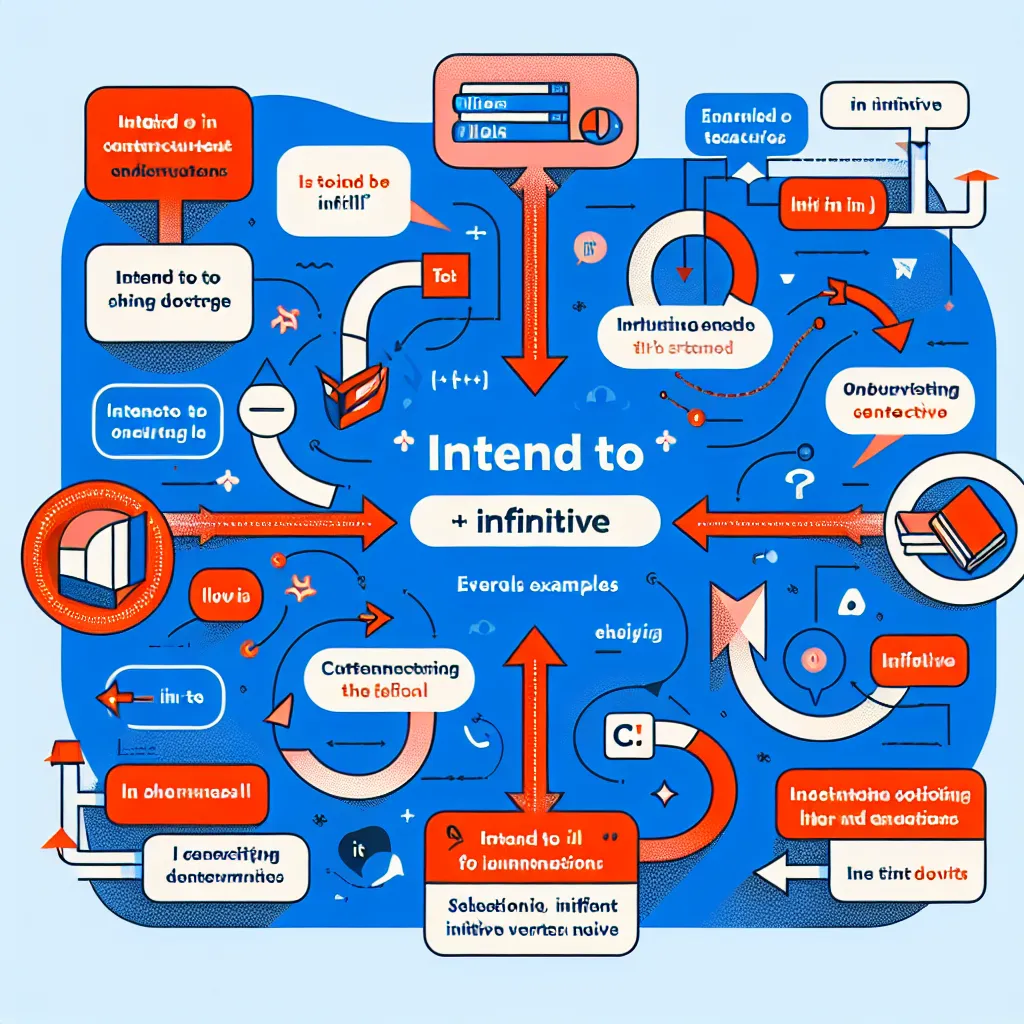The phrase “be affiliated with + noun” is a useful expression that often appears in IELTS exams, particularly in Writing and Speaking tasks. Understanding how to use this structure correctly can help you demonstrate a higher level of English proficiency and boost your band score. Let’s explore the meaning, usage, and common pitfalls associated with this phrase.
Nội dung bài viết
Understanding “Be Affiliated With + Noun”
The phrase “be affiliated with + noun” is used to express a connection or association between an individual, group, or organization and another entity. This connection is often formal or official in nature.
 Affiliation Concept
Affiliation Concept
Meaning and Usage
“Be affiliated with” typically implies:
- A formal connection or association
- Membership or partnership
- A relationship that may involve shared goals or interests
For example:
- The researcher is affiliated with Oxford University.
- Our company is affiliated with several environmental organizations.
- The sports team is affiliated with a major league.
In each of these examples, the subject (researcher, company, sports team) has a formal connection to the noun that follows “affiliated with”.
Grammar and Structure
The basic structure of this phrase is:
[Subject] + [form of “to be”] + affiliated with + [noun/noun phrase]
It’s important to note that the verb “to be” should agree with the subject in tense and number. Here are some variations:
- I am affiliated with…
- She is affiliated with…
- They are affiliated with…
- We were affiliated with…
- The organization has been affiliated with…
IELTS Writing Task 2 Example
In an IELTS Writing Task 2 essay about the influence of universities on local communities, you might use this structure as follows:
Many universities are affiliated with local businesses, creating opportunities for internships and collaborations. This affiliation benefits both students and the community by providing real-world experience and fostering economic growth.
In this example, the phrase helps to express a formal relationship between universities and businesses, demonstrating a sophisticated understanding of the topic.
Using “Be Affiliated With” in Different IELTS Tasks
IELTS Speaking Part 2
In a speaking task where you’re asked to describe an organization you’re familiar with, you could say:
“I’d like to talk about a non-profit organization I volunteer for. It’s affiliated with several international charities and focuses on providing education to underprivileged children. Being affiliated with these larger organizations allows our local group to access more resources and have a greater impact.”
This usage demonstrates your ability to use the phrase naturally in conversation while providing detailed information about the topic.
IELTS Writing Task 1
In a Writing Task 1 assignment describing the structure of a company, you might write:
“The diagram shows that the main company is affiliated with three subsidiary branches. Each of these affiliated branches specializes in a different aspect of the business, such as research, production, and distribution.”
Here, the phrase is used to describe organizational relationships, which is a common context for this expression.
Advanced Usage for Higher Band Scores
To aim for higher band scores (7 and above), consider using more complex sentence structures and related vocabulary:
-
Passive voice: “The research institute is widely known to be affiliated with several prestigious universities.”
-
Perfect tenses: “Our organization has been affiliated with the United Nations since its inception in 1995.”
-
Modifiers: “The company is closely affiliated with environmentally conscious suppliers.”
-
Synonyms and related phrases:
- “The journalist is associated with a leading news network.”
- “The think tank maintains strong ties with policy makers.”
- “The artist is formally linked to the national gallery.”
Using these variations can demonstrate a wider range of vocabulary and grammatical structures, which is crucial for achieving higher scores in IELTS.
Common Mistakes to Avoid
-
Incorrect preposition: Don’t say “affiliated to” or “affiliated by”. The correct preposition is always “with”.
Incorrect: The school is affiliated to the ministry of education.
Correct: The school is affiliated with the ministry of education. -
Confusing with similar phrases: Don’t mix up “affiliated with” and “associated with”. While they can be similar, “affiliated” implies a more formal connection.
Less formal: He is associated with the local theater group.
More formal: He is affiliated with the National Theater Association. -
Overuse: While it’s a useful phrase, don’t overuse it in your writing or speaking. Vary your language to demonstrate range.
-
Incorrect noun usage: Ensure that the noun following “affiliated with” is an organization, institution, or group, not an individual person.
Incorrect: She is affiliated with John Smith.
Correct: She is affiliated with John Smith’s research team.
Conclusion
Mastering the use of “be affiliated with + noun” can significantly enhance your IELTS performance. It allows you to express complex relationships and associations accurately and formally. Practice using this phrase in various contexts, and remember to vary your language use to showcase your full range of English skills. As you prepare for your IELTS exam, look for opportunities to incorporate this structure naturally in your responses, particularly when discussing organizations, institutions, or professional relationships.
For further practice, try using this phrase when describing educational institutions, multinational corporations, or professional associations. This will help you become more comfortable with its usage and prepare you for a wide range of potential IELTS topics.


